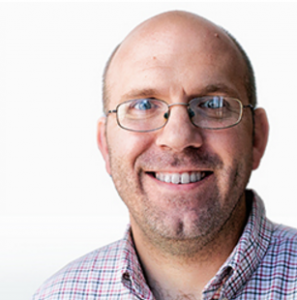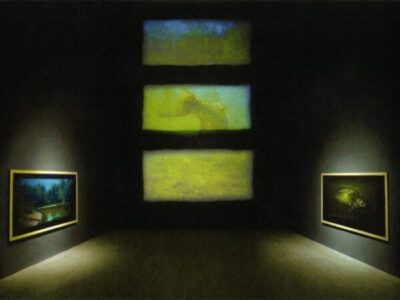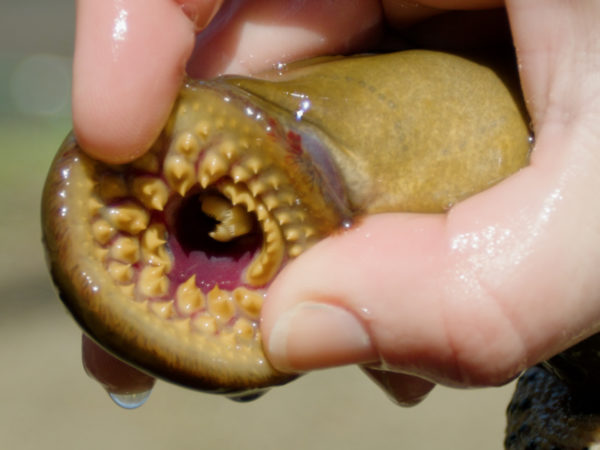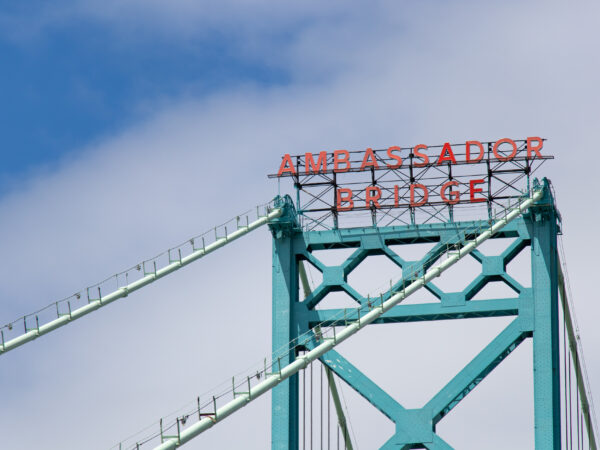
Another first: IAGLR comes to Detroit’s Cobo Center May 15-19
“Detroit is in the center of everything.” President of the International Association of Great Lakes Research (IAGLR) Tomas Hook tells Great Lakes Now. “Having the meeting in Detroit makes a lot of sense because we are a binational and international organization – we have Canadian and U.S. research.”
It’s the 60th anniversary of IAGLR, with 70 sessions, 660 presentations, a poster social, and book signings at Detroit’s Cobo Center, as well as boat rides on the US EPA research vessel Lake Guardian.
Hook says, “If you’re thinking of Great Lakes research, there’s really nothing more central than Detroit. It’s right on the Canadian border. We have easy access for Canadians, for people living in the Upper Great Lakes and the two lower Great Lakes. Geographically, it makes sense. But it’s also because of the way Detroit has developed recently. It is going to be the largest IAGLR meeting in history. The first was in 1953. More than a thousand people will be attending and I think that’s because it’s in Detroit.”
Hook, who teaches classes in fisheries science and fish ecology, is Associate Director of Illinois and Indiana Sea Grant, the program that facilitates research, outreach and education about the Great Lakes.
Hook says, “The role of IAGLR is to promote research of the Great Lakes of the world and to facilitate information sharing.”
Featured speakers at this year’s program titled “From Cities to Farms: Shaping Great Lakes Ecosystems” are Michigan State University’s Winner of the Stockholm
Water Prize and Homer Nowlin Chair in Water Research Joan Rose, and Former EPA Senior Advisor and VP of GEI Consultants Cameron Davis. Author and prize winning reporter Dan Egan will be signing copies of his new book “The Death and Life of the Great Lakes.” Egan will be receiving IAGLR’s 2017 Vallentyne Award.
Hook tells Great Lakes Now, “We focus on the Laurentian Great Lakes, but the conference has grown to become more, and we now have members of IAGLR that work on large lakes throughout the world: Africa, Europe and Asia.”
But Hook says, “The main thing we do is we hold annual conferences and this year that conference is in Detroit. We also publish the Journal of Great Lakes Research and a variety of publications that relate to large lakes of the world.”
Hook says the diversity of the group of researchers makes IAGLR unique among Great Lakes conferences. He says IAGLR “has members that work in biology, chemistry, physics and social science, but what brings them all together is the large lakes.”
Some of the sessions include “Keeping it flowing: science and research in connecting channels of the Great Lakes,” “Towards Development of a Great Lakes Early Warning System,” “Disease and Pathogens of the Great Lakes and Freshwater Ecosystems,” and “Discoveries, trends, and implications of chemicals in the Great Lakes.” There’s also a Seafood Summit dinner highlighting Michigan seafood.
Great Lakes Now will be covering the conference May 18th. For more information, go to iaglr.org






